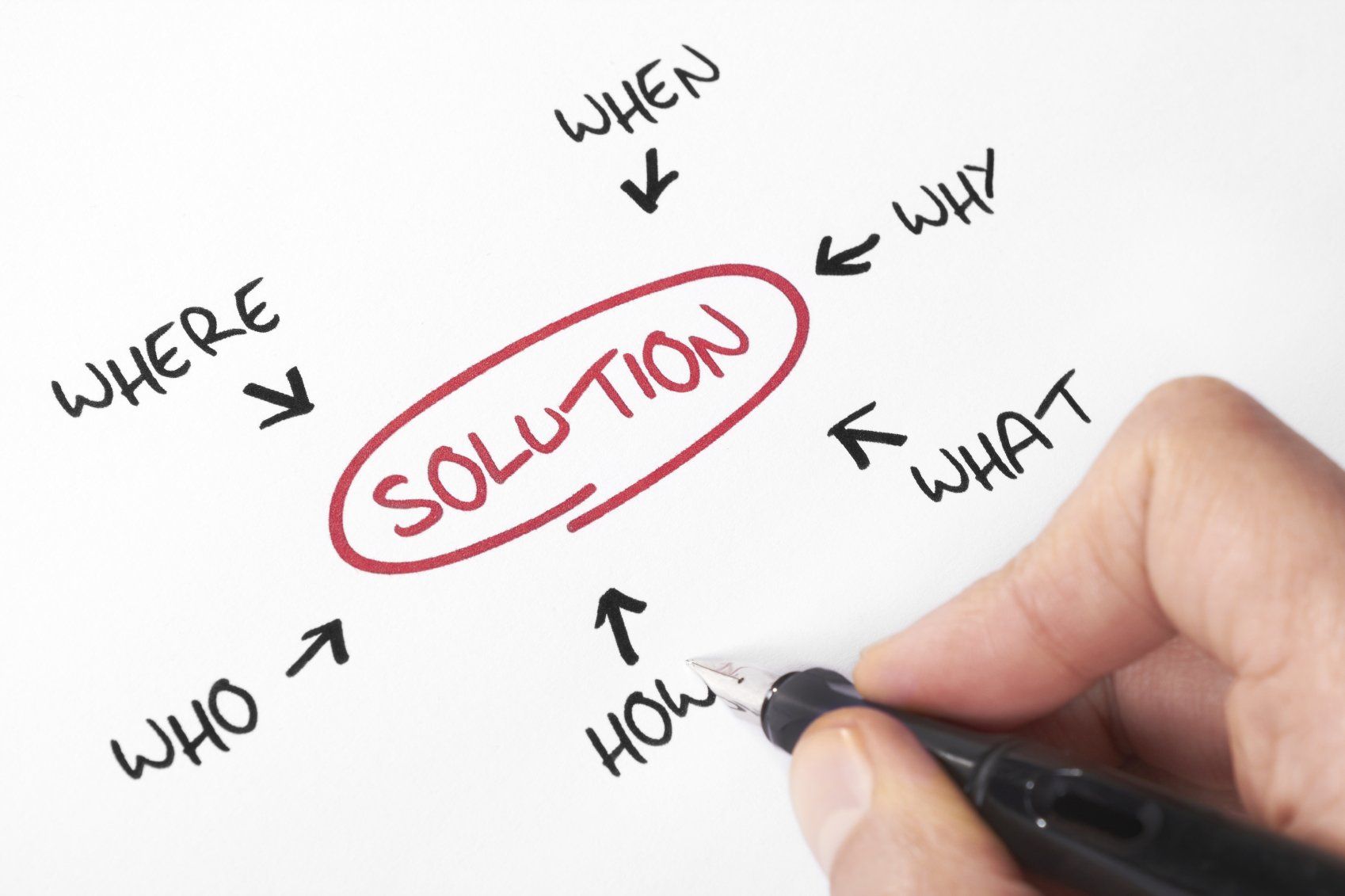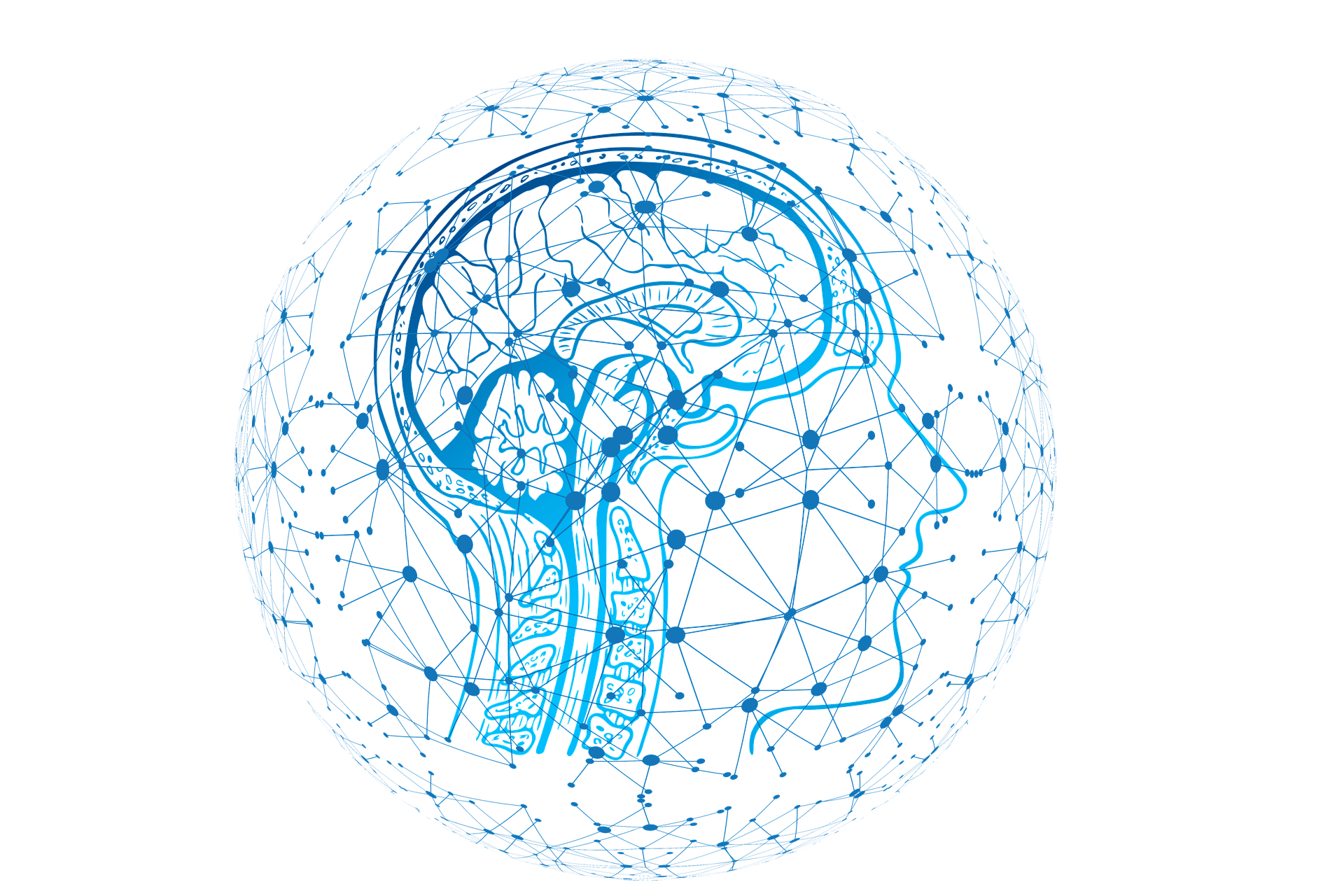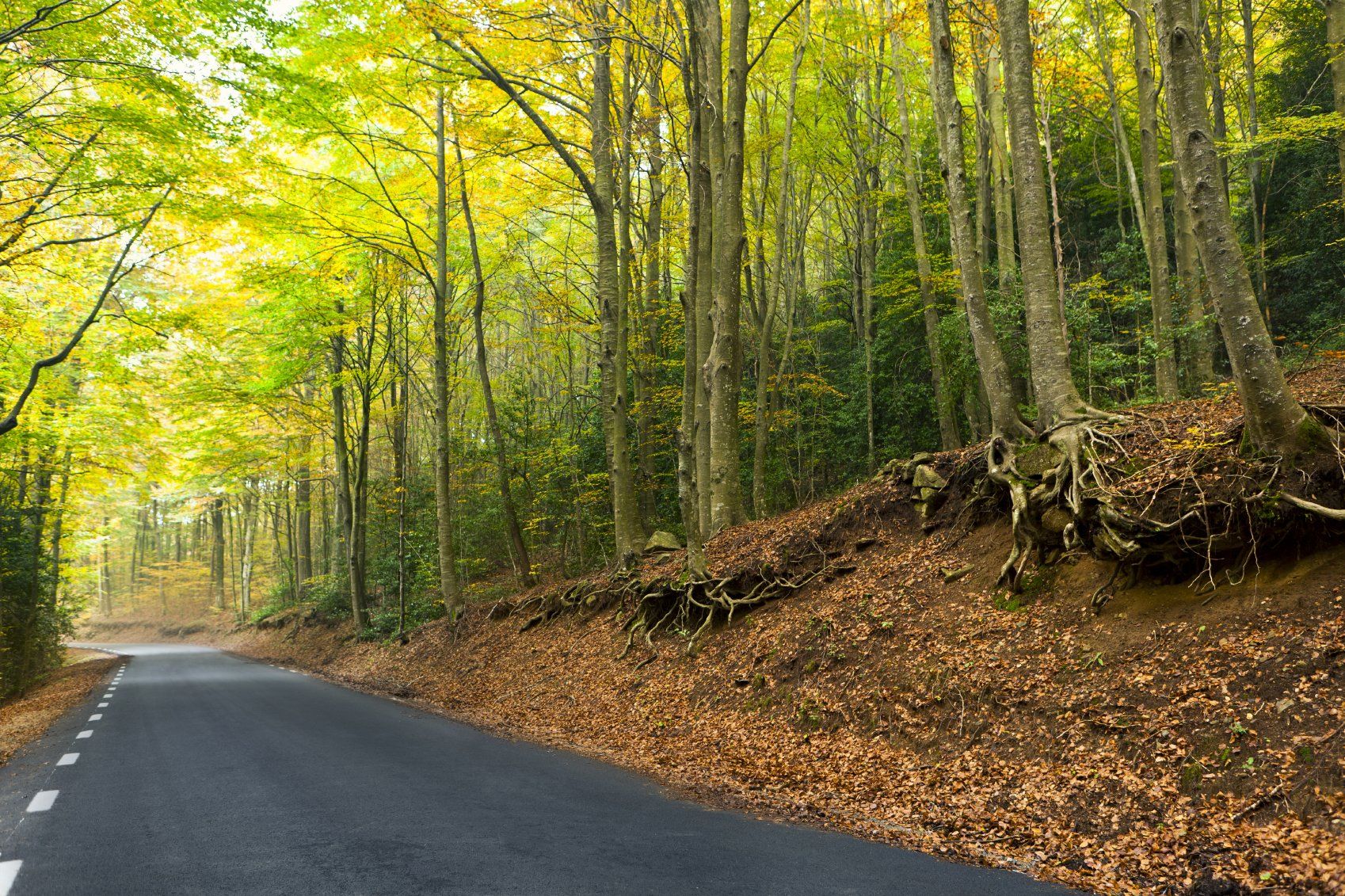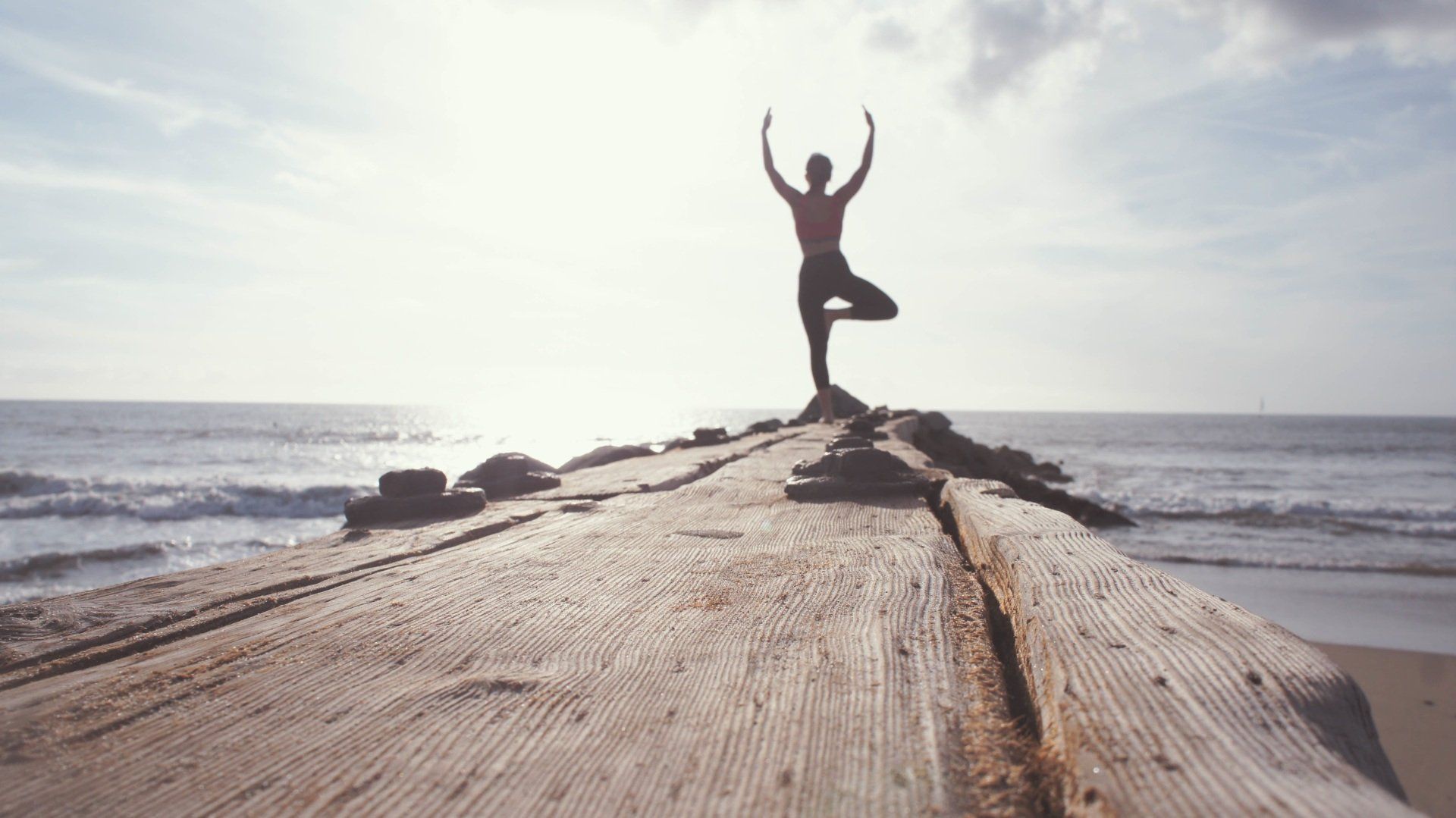From City Living to Slow Living in Nature: The Transition
Connecting with Nature
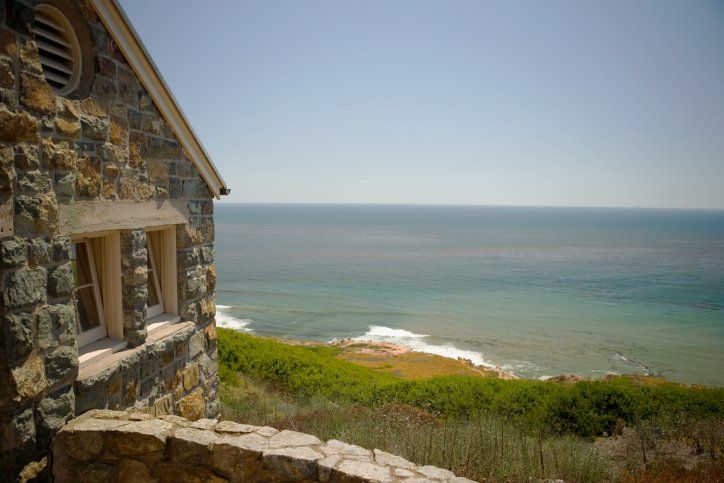
The Benefits of Slow Living
Slow living is all about taking the time to appreciate the small moments and savoring the simple joys in life. By slowing down and simplifying my life, I could reduce stress, increase mindfulness, and improve my overall well-being.
Living in nature allows me to connect with the earth and immerse myself in its beauty and serenity. I can breathe in the fresh air, listen to the sounds of nature, and feel a sense of peace and harmony that is hard to find in the city.
Appreciation for Time
One of the key benefits of slow living in nature is the appreciation for time. In the city, we are constantly rushing from one task to the next, always feeling like there is never enough time in the day.
In nature, time seems to slow down.
I can take the time to watch the sun rise and set, to savor a cup of tea in the garden, or to simply sit and listen to the birds chirping in the trees. This sense of timelessness allows me to truly appreciate the present moment and find joy in the simple things.
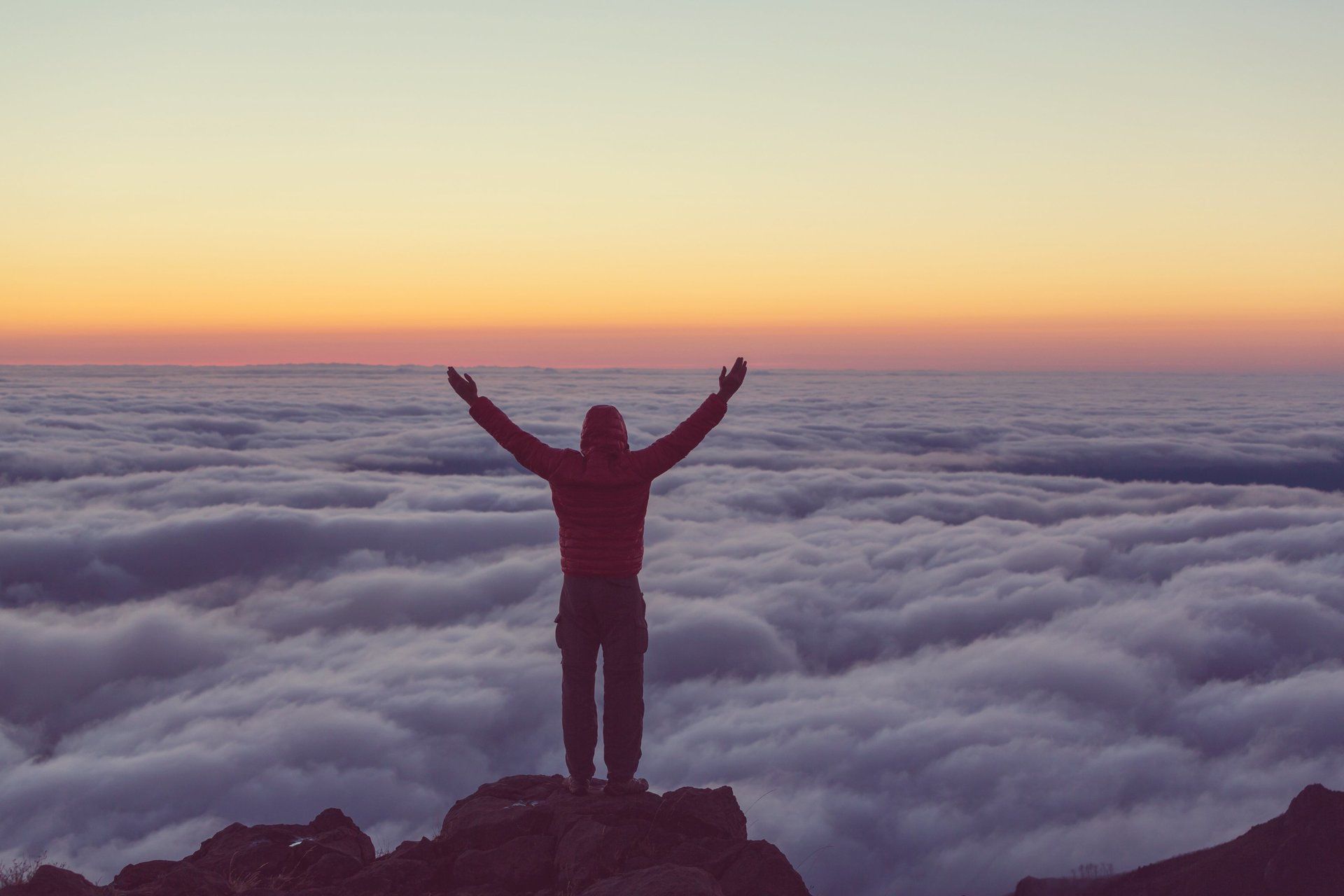
Having Time for Oneself
When I made the transition from city living to slow living in nature, I gave myself the gift of time. Time to relax, time to reflect, and time to focus on my own well-being.
In the city, it can be easy to get caught up in the demands of work, social obligations, and daily distractions. But in nature, I am being able to carve out space for myself to rest, recharge, and reconnect with my inner self.
"This time alone is essential for self-care and personal growth"
Confronting the Fears
Leaving the familiarity of city living behind and venturing into the wilderness can be a daunting prospect.
It requires us to confront our fears, step out of our comfort zones, and embrace the unknown.
In my case, by facing my fears head-on, I could discover new strengths and capabilities that I never knew I had.
Nature has a way of challenging us, pushing us out of our comfort zones, and helping us grow and evolve as individuals.
Taking Responsibility for My Own Life
Living in nature requires us to take responsibility for our own lives in a way that city living does not.
We must learn to be self-sufficient, to rely on our skills and resources, and to adapt to the ever-changing environment around us.
This sense of autonomy and independence is empowering and liberating, allowing me to take control of my destiny and shape my life according to my values and beliefs.

Getting My Hands Dirty
In nature, there is a tangible connection to the earth that is hard to replicate in the city. By getting our hands dirty, planting a garden, or tending to the land, we can feel a deep sense of connection to the natural world.
This physical labor is helping me stay grounded, stay present, and appreciate the hard work and dedication that goes into living off the land.
Getting our hands dirty is not just about growing food or tending to animals, but about getting back to our roots and reconnecting with the earth.
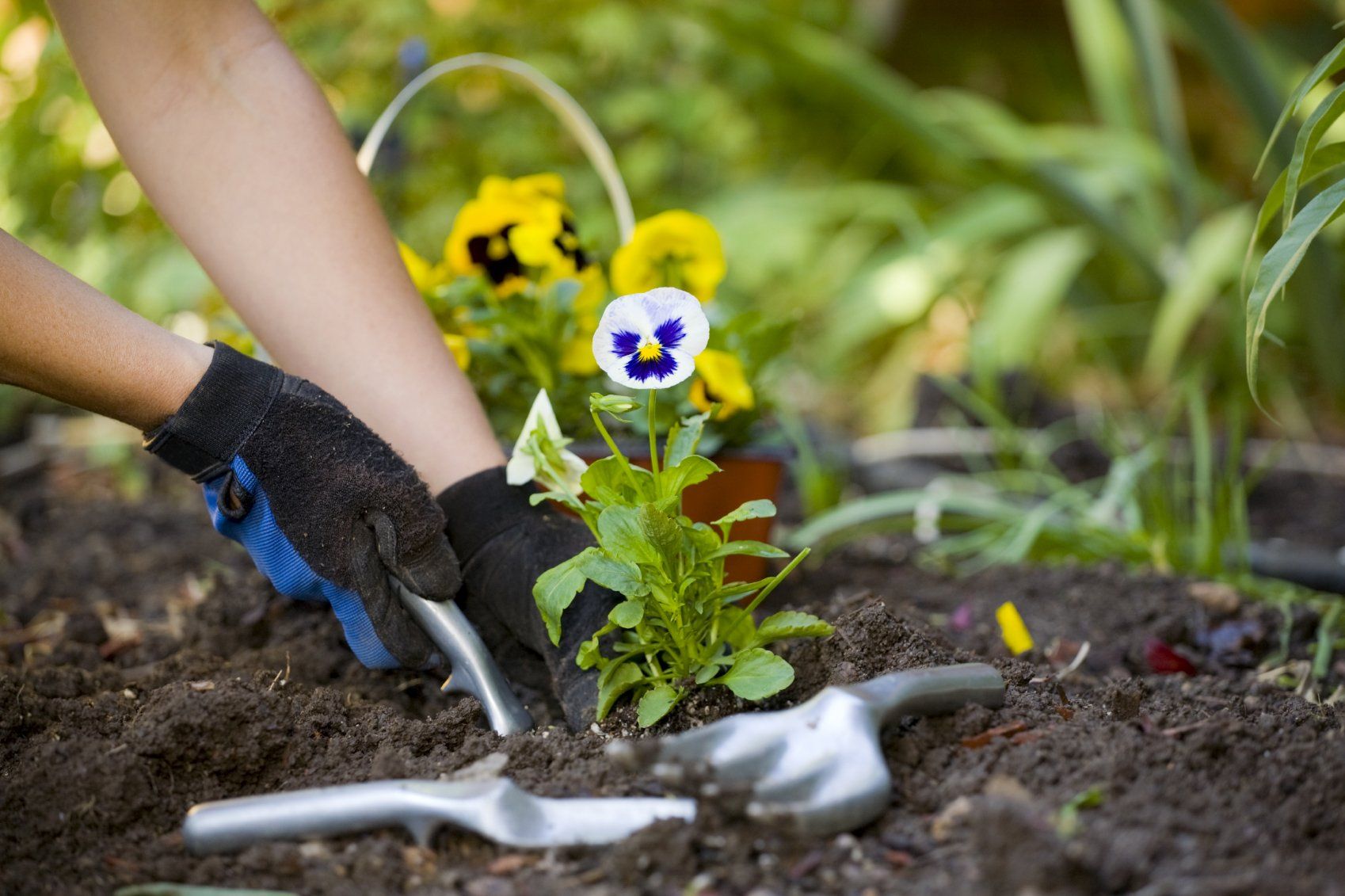
Living in Harmony
Ultimately, the transition from city living to slow living in nature allows us to live in harmony with the world around us. We can learn to respect and appreciate nature's rhythms, cycles, and seasons, and to live in balance with the earth.
By embracing a slower pace of life, simplifying my surroundings, and connecting with the natural world, I am finding peace, joy, and fulfillment in the simple act of living.
The transition from city living to slow living in nature offers a unique opportunity to reconnect with ourselves, with each other, and with the earth. By slowing down, simplifying our lives, and embracing the beauty of nature, we can find a sense of peace and tranquility that is hard to come by in the city.
So why wait? Leap, make the change and experience the magic of slow living in nature for yourself.
Want some inbox love?
Join my mailing list!
